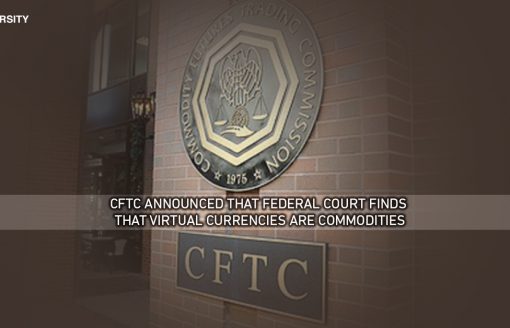The government of India has time-and-again stated its tough stance against trading in Bitcoin and other cryptocurrencies. It is important to note that even though the government has not granted recognition to the cryptocurrency, it has also not declared it as illegal.
In February, the Income Tax Department had issued about one lakh notices to people who had invested in cryptocurrencies like Bitcoin, without declaring it in their income tax returns.
But the people who all have made a profit by selling their cryptocurrencies, are still not yet clear on how to declare this income and pay taxes on it.
Classification of income earned from cryptocurrency
The cryptocurrencies aren’t mentioned under the Income Tax Act in India. Even the government has not yet brought taxability of bitcoins into the statute books. This is the reason why there’s a lot of confusion regarding how to classify this income.
The three most common and safe ways of filing the returns after declaring your income from cryptocurrencies are as follows:
- Income from mining
Digital currency created by mining are self-generated capital assets and their cost of acquisition cannot be determined. This is the reason why they fail to fall under the provisions of Section 55 of the Income-tax Act, which specifically defines the cost of acquisition of certain self-generated assets. Therefore, the income tax authorities may choose to tax the value of cryptocurrencies received from mining under the head “Income from other sources”.
- Bought as an investment in exchange for real currency
The appreciation in the value of a cryptocurrency held as an investment would give rise to a long-term capital gain or a short-term capital gain, depending on the period of holding them. The long-term and short-term capital gains would be taxed at 20% and individual slab rate, respectively.
- Received as consideration on sale of goods and services
When Bitcoin is used to pay for goods or services, the transaction is taxed as income. There is no ambiguity here.An applicable rate of income tax as per the income slab will apply. The coins as received will be treated just like the way one would have received any other legal tender currency.
Goods and Service Tax (GST) on cryptocurrency
According to a report published in BloombergQuint, the government might levy a GST of 18 percent on the trading of digital currencies. It is reported by an anonymous source that the Central Board of Indirect Taxes and Custom is currently considering the proposal, which will further be put before the Goods and Service Tax Council once it is finalised.
Abhishek Jain, an indirect tax partner at EY India, told BloombergQuint that treating cryptocurrencies as goods and services may make taxation simpler. The government will have to issue a circular that they were always liable for GST (Goods and Service Tax).
But instead taxing them as a currency or a security would require them to make required changes in the law concerning it.
The government will therefore need to make a clear decision on how to regulate this emerging technology.






Cats to rule the cryptoworld: CryptoKitties becomes a new company